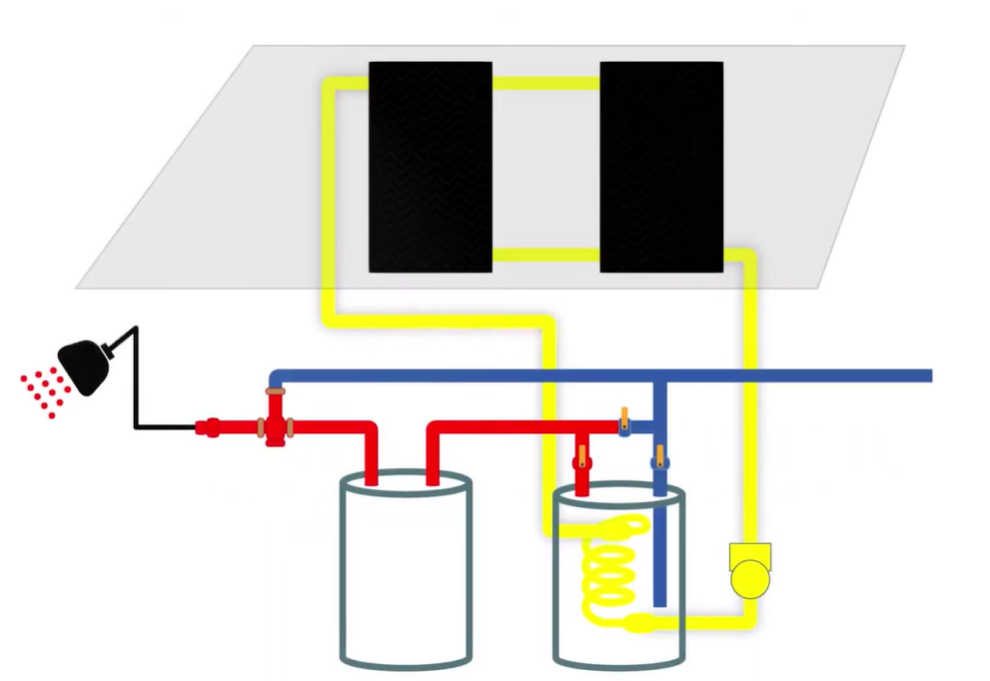05 Sep. 23
How Solar Hot Water Systems Work: A Simple Explanation for Sydney Homeowners
As a solar hot water plumber servicing the Sydney area, I frequently encounter questions from homeowners about how Solar Hot Water Systems (SHWS) actually work. If you’re considering making the switch to a SHWS or if you’re just curious about this technology, this simple explanation is for you.
The Basic Principle of Solar Hot Water Systems
The fundamental concept behind SHWS is quite straightforward – the sun’s energy is harnessed to heat water. This process is not only eco-friendly but also incredibly efficient and can result in significant energy savings for homeowners. Now, let’s dig into the more specific components and how they operate.
Solar Collectors
A critical component of any SHWS is the solar collector. These collectors absorb the sun’s heat and transfer it to the water. There are two primary types of solar collectors used in SHWS: flat plate collectors and evacuated tube collectors.
Flat plate collectors, as the name suggests, are flat, darkened panels that absorb the sun’s heat. Evacuated tube collectors are a series of parallel tubes, each containing a heat-absorbent plate. They are generally more efficient, particularly in colder climates, but also tend to be more expensive.
Heat Transfer
Once the solar collector has absorbed the sun’s heat, this energy needs to be transferred to the water. This process depends on whether you have a direct (or open-loop) system or an indirect (or closed-loop) system.
In a direct system, the water circulates through the solar collectors, gets heated, and then moves into the storage tank.
In an indirect system, a heat transfer fluid (which resists freezing) circulates through the collectors. As this fluid gets heated, it moves through a heat exchanger, which transfers the heat to the water in the storage tank.
Storage Tank
The storage tank stores the heated water until it’s needed. Most tanks have an additional heating element (electric or gas-powered), which acts as a backup for times when the solar energy isn’t sufficient to meet the hot water demand.
Controllers and Pumps
Controllers and pumps are the ‘intelligent’ components of a SHWS. The controller detects temperature differences between the water in the solar collector and the storage tank. When the collector’s temperature is higher, the controller activates a pump to circulate water or heat-transfer fluid, depending on your system type.
Understanding the Efficiency
The efficiency of a SHWS depends on several factors including the system type, the quality of the solar collectors, and even the orientation and tilt of the collectors. It’s crucial to work with an experienced solar hot water plumber to design and install a system that maximises efficiency for your specific home.
Understanding how Solar Hot Water Systems work is the first step towards appreciating the sophistication and benefits of this Green Plumbing Technology. By harnessing the abundant energy of the sun, SHWS offers homeowners a reliable, eco-friendly, and cost-effective solution for their hot water needs.



